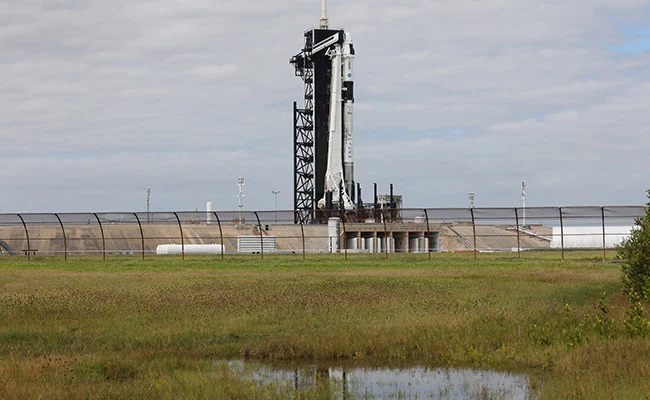

New Delhi: India’s Department of Space and Indian Space Research Organization (ISRO) is poised to launch its next-generation heavy communications satellite named ‘GSAT-20’ in a historic move. NewSpace India Limited (NSIL), the commercial arm of the Indian Space Research Organisation (ISRO), has announced its plans to catapult the GSAT-20 satellite, now renamed GSAT-N2, into space aboard a SpaceX Falcon-9 rocket in the second quarter of 2024.
The decision to selects SpaceX’s Falcon-9 was made due to the current limitation of India’s rockets, which are lacking in the capacity to lift large communication satellites. S. Somanath, Chairman of ISRO has further acknowledged that the choice of SpaceX was due to the unavailability of an alternative rocket with the necessary lifting capacity.
GSAT-20: About the satellite and its mission
The GSAT-20 has been equipped with high-throughput Ka-band satellite with 32 beams, exclusively owned, funded, and operated by NSIL, aiming to offer Pan-India coverage, including remote areas like the Andaman and Nicobar and Lakshadweep islands, with a total high-throughput satellite (HTS) capacity of nearly 48Gbps.
Weighing 4700 kg, GSAT-20 is designed to significantly improve broadband connectivity, in-flight and maritime communications and cellular backhaul services. This satellite mission is in line with the space sector reforms of the Government of India initiated in June 2020, which entrusted NSIL with the operation of satellites on a demand-driven basis.
NSIL’s first demand-driven satellite mission was GSAT-24, launched in June 2022, and fully leased to TataPlay. Currently, NSIL operates 11 communications satellites. The HTS capability of the upcoming GSAT-20 mission has already been largely pre-booked by Indian service providers, indicating growing demand for high capacity satellite services.
GSAT-20 will be developed through ISRO and will be launched on SpaceX’s Falcon-9, which is known for its reusability, thereby reducing the cost of space access. SpaceX describes Falcon 9 as the world’s first orbital-class reusable rocket, highlighting the importance of this collaboration between NSIL and SpaceX for upcoming satellite missions.